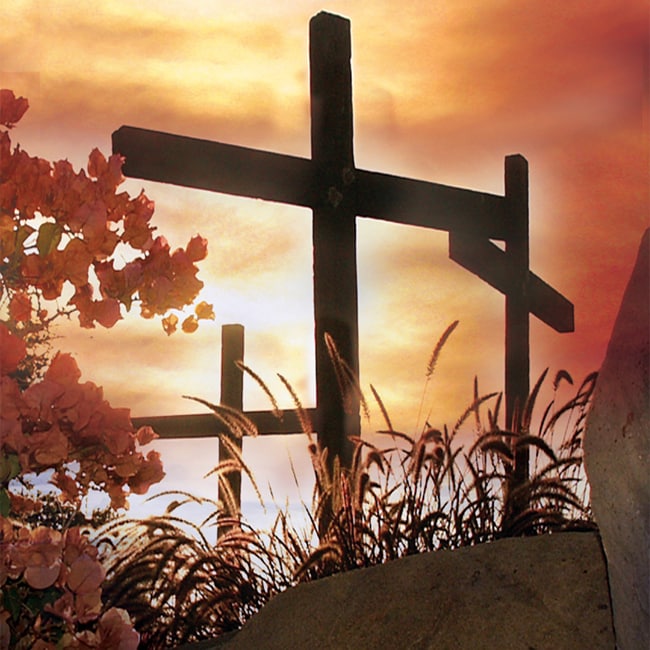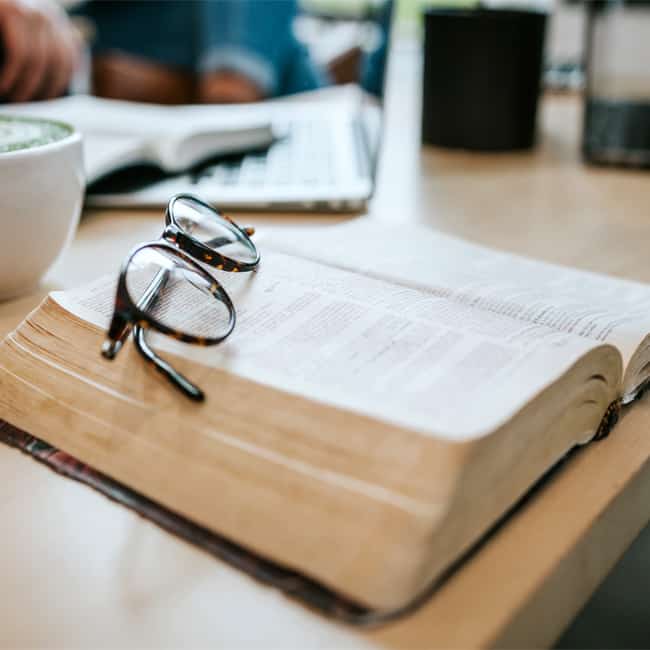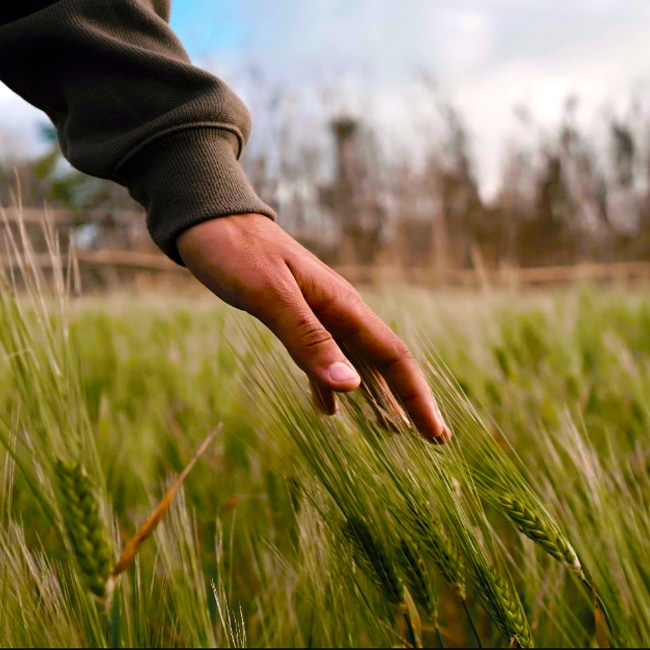An abundance of . . .
Churches are being advised to provide hand sanitizer for all visitors during the coronavirus crisis, yet no hand sanitizer can be found. Desperate times call for desperate measures. One of my friends, who is a Baptist pastor, found a recipe for making your own sanitizer. Only one problem: It required 190 proof vodka and you can’t buy that in a grocery store. Many churches have written or unwritten codes against drinking, selling, or buying alcohol. If a deacon or pastor was sighted walking into a liquor store, even if the purpose was righteous, it could be a cause for dismissal. Some cite 1 Thes. 5:22 as if it were the eleventh commandment: “Abstain from all appearance of evil.”
What are teetotaling pastors and church leaders to do? Solution: Make friends with Catholics, Episcopalians, non-denominational church leaders, or friends who may have no prohibitions on alcohol. Call on others to buy the booze and you can buy the aloe vera gel. Meet at an undisclosed location and make the sanitizer together for your congregations. When there is a closed door, God opens a window. Maybe in this process we could discover that people of other faith tribes love Jesus too, and sometimes breaking religious laws is the right thing to do.
Enter Jesus.
At that time Jesus went through the grainfields on the Sabbath. His disciples were hungry and began to pick some heads of grain and eat them. When the Pharisees saw this, they said to him, “Look! Your disciples are doing what is unlawful on the Sabbath.”
He answered, “Haven’t you read what David did when he and his companions were hungry? He entered the house of God, and he and his companions ate the consecrated bread—which was not lawful for them to do, but only for the priests. Or haven’t you read in the Law that the priests on Sabbath duty in the temple desecrate the Sabbath and yet are innocent? I tell you that something greater than the temple is here. If you had known what these words mean, ‘I desire mercy, not sacrifice, you would not have condemned the innocent. For the Son of Man is Lord of the Sabbath.” (Matthew 12:1-8, NIV)
Eating the grain was possibly not the only religious crime the disciples committed. Faithful Jews interpreted the law to not work on the sabbath to mean they could not walk more than two-thirds of a mile. There is a good chance that if the disciples were walking through the fields to go to the synagogue, they had also violated the walking mitzvot. Religious leaders wrote other laws to side-skirt this walking rule. Today, Christians view this as silly and think such religious practices were taking things to the extreme. Could we be guilty of doing the same? Following religious rules is complicated.
Jesus pointed out the glaring fault of all of us. We judge. We like to expose the unrighteousness of others while we continue in our own sin. Jesus countered the religious leaders by teaching that God desires mercy, not man’s ideas of sacrifice.
During this recent crisis, I lost count of how many communiques from companies and churches used the phrase, “an abundance of caution.” In addition to being abundantly cautious, what we need during this crisis is an abundance of mercy. We need an abundance of generous love for our neighbors, assisting them during this time of need. We need an abundance of mercy for our leaders, who have and will make some decisions that are flawed and poorly implemented. We need to lavishly pour out sacrificial compassion for those who will lose jobs, for restaurants and small companies that will go out of business, and for healthcare workers who will contract the disease and possibly die, all through no fault of their own. Pour out mercy for the elderly and those living alone who are now socially isolated. Opportunities for mercy are in abundance. May God’s character of mercy be demonstrated in all of us, especially now.




